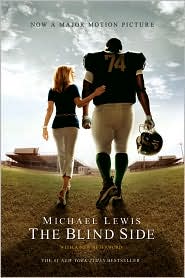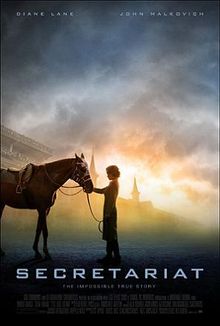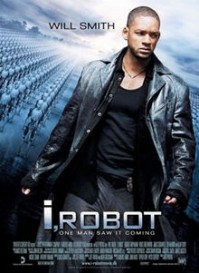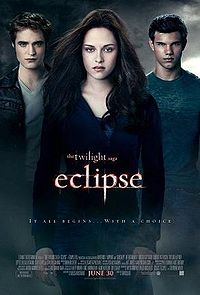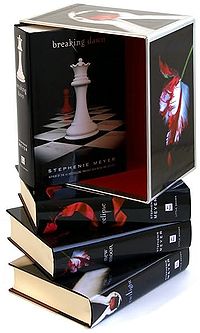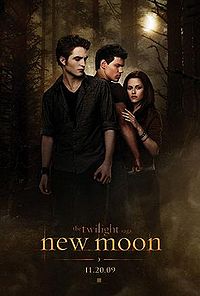About the Author
I’m an avid reader and movie lover. There’s not much I like better than reading a book and then seeing the movie version, or watching a movie and then reading the novelization. I have a degree in English literature, which means that at some point in my life I actually received grades for discussing and writing essays about literature. Can’t get much better than that, right? Well, it can. Who needs to pull apart the deep inner workings of dusty old classics when there’s such wonderful fodder in the mass media that people watch (and read) everyday?
Above all, I believe that I can’t do much better in this life than in pointing my friends toward a personal relationship with Jesus Christ. Everything makes perfect sense when viewed from a Christian worldview. Even when the intent of the writer was something entirely different, everything can point to our Creator God. He is the foundation for every logical thought, the judge of all evil, and the author of all beauty.

